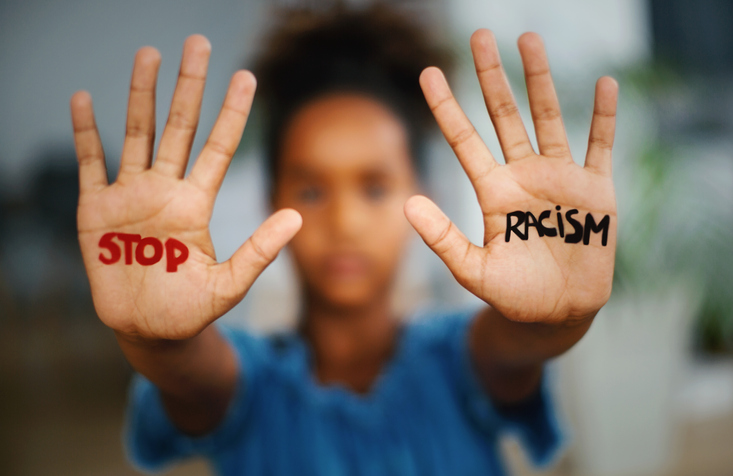
The appointment of an anti-racism ambassador will supplement Australia’s efforts to integrate a more inclusive approach into its foreign policy, as seen in the Department of Foreign Affairs and Trade’s pursuit of an international gender equality strategy. A range of countries and multilateral bodies have already implemented racial equity policies, so Australia’s adoption of a racially sensitive lens in its foreign policy won’t be as difficult as some might envisage. DFAT should follow the example of the US State Department, which last year appointed its inaugural special representative for racial equity and justice.
The importance of adopting a race-conscious approach to foreign policy was highlighted in the aftermath of the 2020 murder of George Floyd. Governments and multilateral institutions around the world reacted to this undeniably horrendous act of racially motivated violence by introducing a range of anti-racism policies and initiatives. The European Union led the way, releasing an anti-racism action plan and appointing a coordinator for anti-racism mere months after Floyd’s murder. The UN Human Rights Council also responded quickly, implementing a resolution providing the Office of the High Commissioner for Human Rights with a mandate to examine systemic racism and human rights violations by law enforcement agencies against Africans and people of African descent.
In the US, the appointment of Desirée Cormier Smith as the first special representative for racial equity and justice was designed to ensure that the US’s foreign-policy processes and programs promote and advance the human rights of marginalised racial and ethnic groups. The role is also responsible for building global partnerships aimed at combating systemic racism, discrimination and xenophobia.
Despite the global progress made in enshrining racial equity and justice in foreign policy, Australia has continued to largely frame racism and racial discrimination as a domestic policy concern. The Australian Human Rights Commission has had a dedicated race discrimination commissioner since 1986 and is currently developing a national anti-racism framework. This year, the government appointed a panel to review its multicultural framework. Indigenous inclusion is also front and centre in Australia’s domestic efforts to improve racial justice, with a referendum to be held on 14 October on enshrining an Indigenous voice to parliament in the nation’s constitution.
Instead of confining racial equity to the realm of domestic policy, creating the role of anti-racism ambassador in foreign policy will provide significant benefits as Australia seeks to enhance its reputation and credibility in the Indo-Pacific region. Such a role would provide an opportunity for Australia to exchange insights with other countries on combating racism and discrimination. Issues such as social cohesion and migrant integration are not unique to Australia; other multicultural societies such as the US, Canada and New Zealand share similar challenges as settler-colonial states with Anglo-Celtic majorities. A key example is working together to tackle the transnational rise of white supremacism, a form of far-right extremism that has resulted in the radicalisation of Australians such as the Christchurch terrorist shooter who murdered 51 Muslim worshippers in 2019.
Australia can also use the appointment of an anti-racism ambassador to help reduce the neo-colonial overtones underpinning its engagement in the Pacific and elsewhere. Australia is the Pacific’s largest aid donor, but it has been criticised for attempting to dictate how Pacific countries run their governments and public institutions. To engender greater trust and support for Australia’s foreign policy objectives in the midst of geostrategic competition in the Indo-Pacific, Australia needs to ensure that regional partnerships are based on responsive and respectful two-way dialogue.
An anti-racism ambassador will also be useful in ensuring that Australia’s foreign-policy decision-making takes account of the racial plurality of the countries it works with. Understanding the often different and sometimes more adverse impacts that foreign-policy decisions can have on vulnerable minorities in the region is important. Australia’s approach to climate change is one area in which a racially sensitive approach is required, in light of the UN Intergovernmental Panel on Climate Change’s recent recognition of the unique issues faced by ethnic and religious minorities, Indigenous people and refugees in adapting to climate change.
While Australia has made significant strides on the domestic front, it can do more in its foreign-policy approach to engender racial equity. George Floyd’s murder was the catalyst for change in the foreign policies of a range of countries and multilateral bodies, but it should not stop there. Australia needs to similarly confront the existence of racial inequities both domestically and internationally by adopting a racially sensitive approach to foreign policy.

